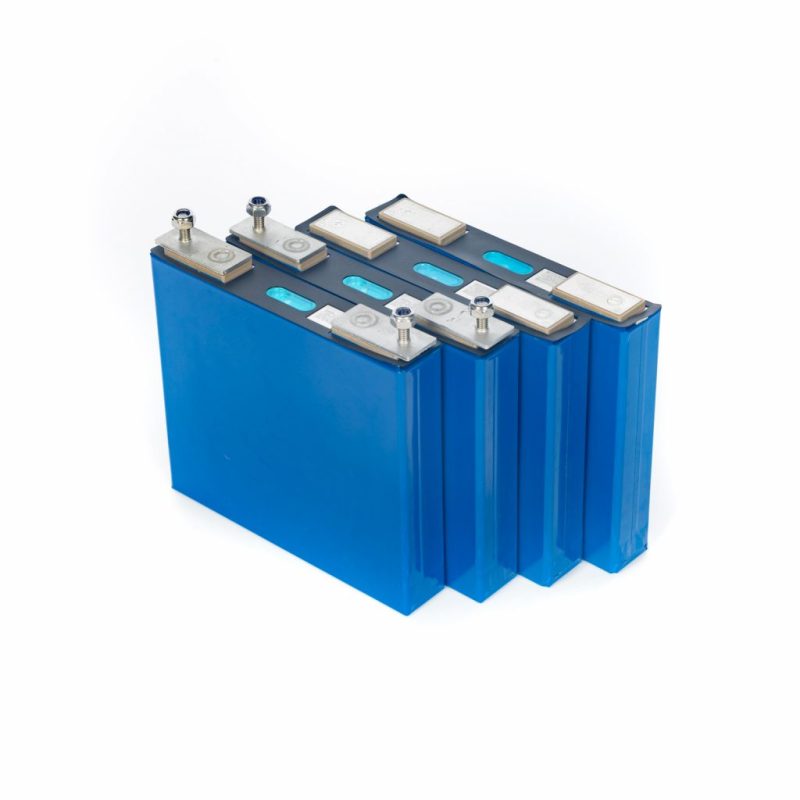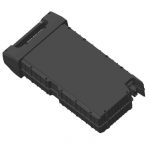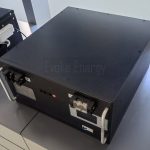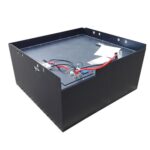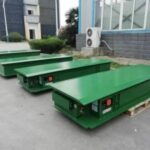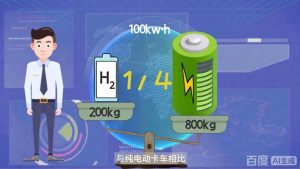Do you have the questions that what are LiFePO4 battery cell grades? How do I make sure the batteries I buy are grade A? How do manufacturers use cell grades in the manufacturing of batteries? How do the different grades affect the quality of a battery? Here are the answers.
After the cell manufacturers finish the same batch of cells, they will be classified according to the cell’s discharge test performance and divided into four categories ABCD.
Cells are always to be categorized as graded A, B, C, and D but there is no manufacturing standard for categorizing cells; each factory may have it’s standard so thus cell grade categorization is not necessarily scientific.
What Is Grade A LiFePO4 Battery Cells?
Grade A cell is of the highest quality standard. Grade A lithium-ion battery cells are within the range of technical parameters in all aspects, the appearance is intact(no damage), no swelling, and no abnormal battery can be called grade A. Its battery materials, technology, energy storage, stable charge and discharge, specifications, and constant temperature standards are all high-quality standards.
Grade A battery cell is generally to place an order to the battery cell factory. The battery cell factory arranges production according to the factory’s production capacity and technical ability. After a series of battery manufacturing processes, the final product is delivered to the customer. Before placing an order, the battery production plant generally communicates battery capacity, thickness, length, width, and other parameters.
Then the batteries are made completely according to the standard of the order called grade A cells.
What Is Grade B Lithium-ion Battery Cells?
The efficiency of the grade B cell is around 80%~90%of grade A cells, and its battery materials, technology, energy storage, repeated charge, and discharge, etc. are a bit different from the grade A cells, especially the defective rate, the defective cell will cause the energy storage of the entire battery pack, leading to instability on charging and discharging, etc.
As we know there must be a defect rate for any manufacturer producing batteries. Then this defect rate determines the vitality of a factory. In this battery industry, there will not be a big gap between the first-line lithium battery and the third-line lithium battery factory based on technology, ingredients, etc., however, in the manufacturing process, the difference in defect rate is very large. First-tier manufacturers can achieve about 2%, while second-and third-tier manufacturers may achieve 5-10%. Due to this defective rate a grade B battery is created.
There is only a slight gap in the capacity of the grade B battery or the length and width that do not meet the specifications, but there won’t be much of a drawback regarding performance.
In addition, if a grade A cell is generally placed in a warehouse for 3-6 months, it is also called grade B. Of course, this is just a popular saying.
What Is Grade C Lithium-ion Battery Cells?
Grade C batteries are below average in every aspect, which performance is lower than Grade A and B cells. The energy storage, stable charging and discharging efficiency, technology, repeated charging, and discharging of Grade C batteries are different from those of Grade A batteries.
To be more accurate, if Grade B cells have been stored in the warehouse for over 8 months, they can be called Grade C If they are still not shipped. Grade C cells are due to the long storage time and the aging of self-discharge, dust, and moisture, so Grade C batteries are most likely to swell.
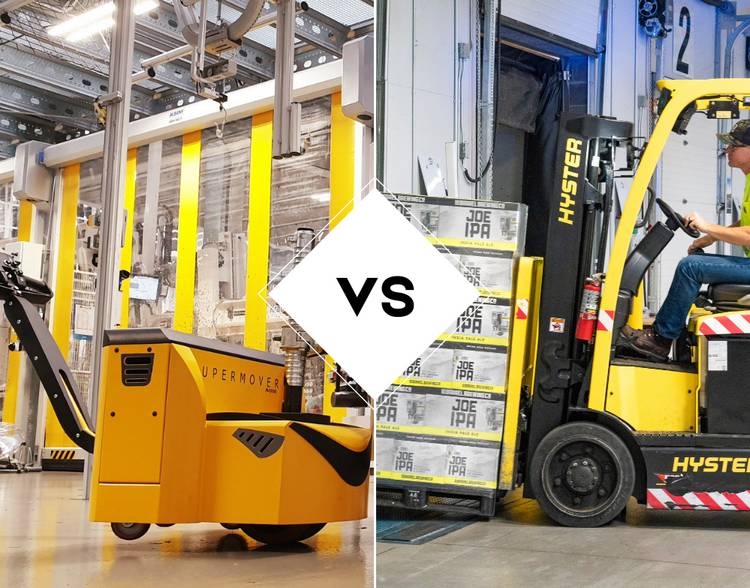
How To Distinguish Grade A, Grade B, And Grade C Cells?
The term “Grade A Cells” has been used hundreds of times as a marketing phrase designed to convey a sense of top quality and performance. However, usually, there are Grade A, Grade B, and Grade C types of battery cells. A manufacturer will rate the cells they produce to categorize the performance differences between the cells. So one manufacturer’s type of “Grade A” might be equivalent to another manufacturer’s “Grade C” or worse!
The best way to know if a cell is Grade A or Grade B is to check if the cell meets the manufacturers’ specifications.
Evoke Industries Company’s principle:
Only provide customers and users fresh new grade A lithium iron cells, without any B grade or lower grade products. All lithium battery cells and forklift batteries, or energy storage batteries are all using new fresh cells.


